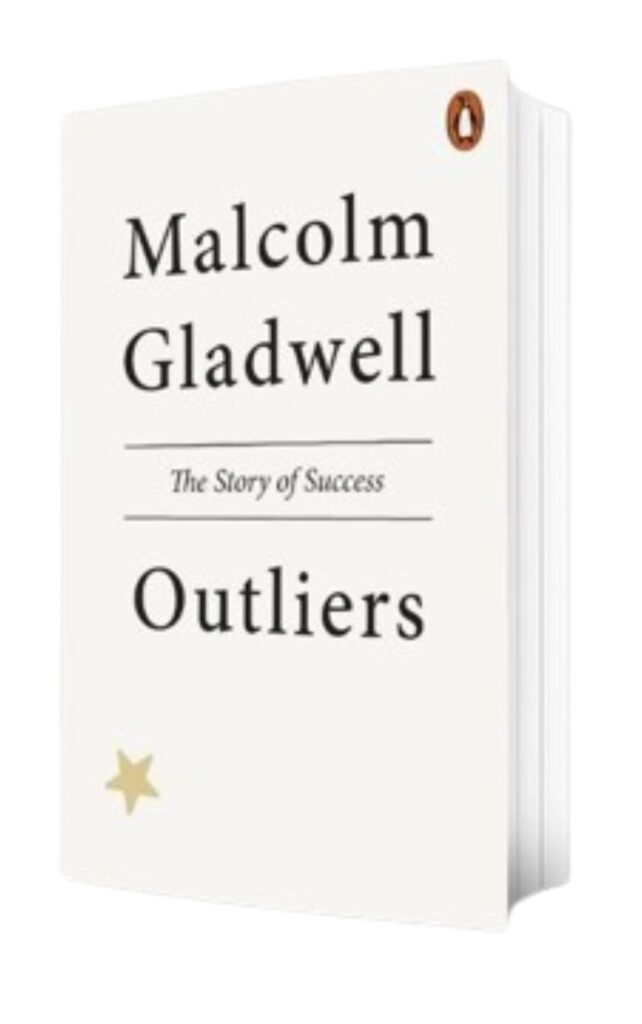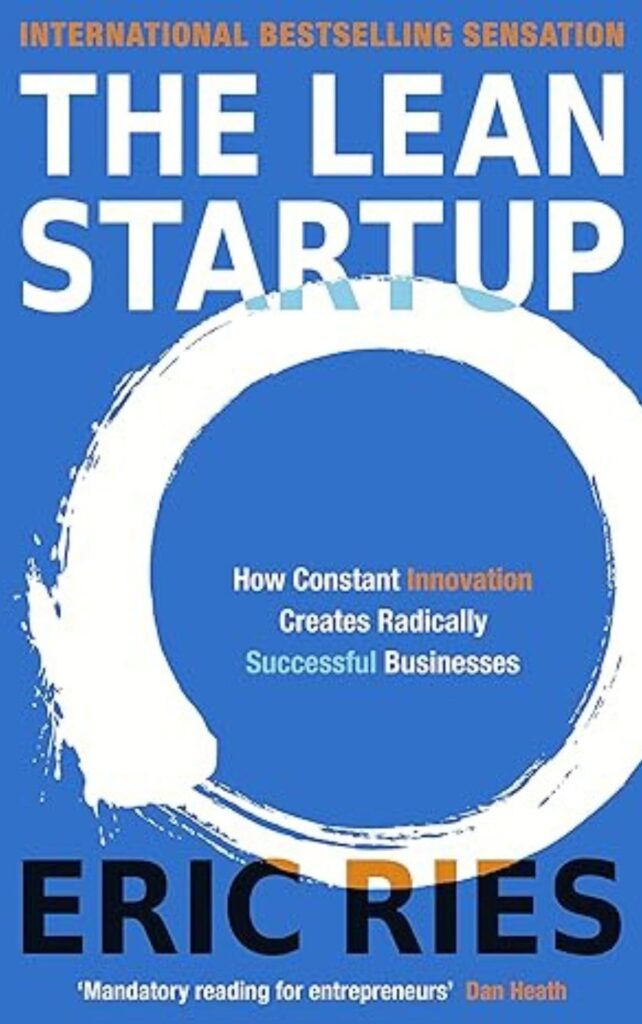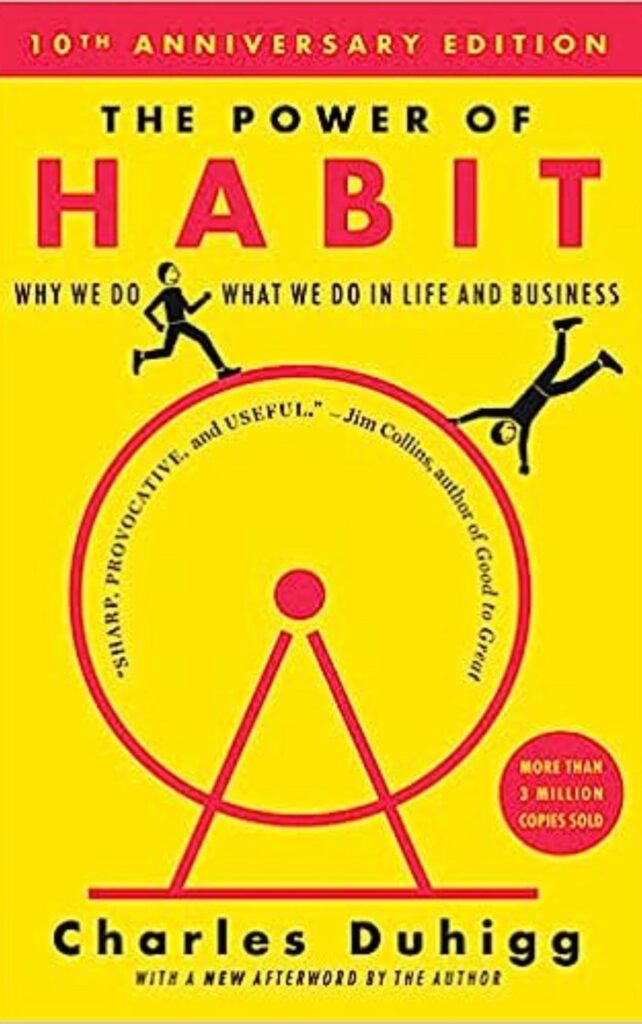In a world inundated with success stories of rags-to-riches journeys and self-made millionaires, it’s easy to get caught up in the belief that simply dreaming big is enough to secure financial success. The allure of chasing dreams, fueled by inspirational anecdotes and motivational speakers, has led many to think that their aspirations alone will be the key to unlocking wealth. However, as we delve deeper into the complexities of achieving financial prosperity, a stark reality emerges: your dreams won’t make you rich.
The Power of Dreams
Dreams are undeniably powerful motivators. They ignite our passions, spark creativity, and drive us to reach beyond our current circumstances. Throughout history, countless visionaries have harnessed the energy of their dreams to create groundbreaking innovations and remarkable achievements. From Steve Jobs‘ vision of a personal computer in every home to Elon Musk’s ambition to colonize Mars, dreams have been instrumental in shaping the world as we know it.
The Missing Ingredient: Action
While dreams undoubtedly play a crucial role in shaping our ambitions, they are only the starting point of a much larger journey. The critical factor that determines whether a dream translates into reality is action. Dreams alone cannot create wealth; they need to be paired with strategic planning, disciplined execution, and a willingness to put in the hard work required to bring them to fruition.
Consider the entrepreneur who dreams of launching a successful tech startup. While envisioning their innovative idea’s impact is essential, meticulous planning, market research, product development, and relentless marketing efforts will ultimately determine the venture’s success. Dreams might inspire the initial idea, but it’s the consistent and focused action that turns that idea into a profitable reality.
The Illusion of Overnight Success
One of the most misleading aspects of the “Dreams Make You Rich” narrative is the portrayal of overnight success stories. Media often sensationalizes instances where individuals seemingly go from rags to riches in a short period. While these stories are compelling and capture our imagination, they usually omit the years of hard work, failures, and persistent effort that led up to that point.
Take, for instance, the musician who suddenly rises to fame with a hit song. The public might perceive this as an overnight success, but behind the scenes lies a journey of countless hours spent honing musical skills, performing at small venues, and facing numerous rejections. It’s the cumulative effect of these efforts, combined with a bit of luck and impeccable timing, that ultimately leads to success.
The Role of Adaptability and Resilience
Dreams often come with a predefined path in our minds. However, the road to wealth is rarely linear, and setbacks and obstacles are inevitable. Those who truly succeed understand the importance of adaptability and resilience. They are willing to pivot their strategies, learn from failures, and persevere even when the journey gets tough.
Consider the case of a small business owner who dreams of expanding their operations globally. Along the way, they might encounter economic downturns, regulatory challenges, and unexpected market shifts. It’s their ability to adapt their business model, make tough decisions, and stay committed to their long-term vision that will determine whether they can weather the storm and eventually achieve financial success.
The Role of Skills and Knowledge
Dreams, no matter how grand, are limited by the skills and knowledge possessed by the dreamer. In the pursuit of wealth, continuous learning and skill development are essential components. To succeed in today’s competitive landscape, one must acquire expertise relevant to their chosen field and stay up-to-date with industry trends.
For example, an aspiring author might dream of writing a best-selling novel. While a vivid imagination and a passion for storytelling are important, honing the craft of writing through consistent practice, studying literary techniques, and receiving constructive feedback is equally vital. Without the necessary skills, even the most brilliant idea might remain unrealized.
The Importance of Patience and Persistence
In a world accustomed to instant gratification, it’s easy to underestimate the power of your subconscious mind, patience, and persistence. The journey to financial success is often a marathon rather than a sprint. Dreams require time to materialize, and setbacks are part of the process. Those who are willing to stay the course, even when progress seems slow, are the ones who eventually reap the rewards.
Consider the investor who dreams of building substantial wealth through the stock market. While it’s tempting to chase quick gains, the most successful investors understand the value of long-term strategies. They patiently research companies, diversify their portfolios, and ride out market fluctuations, trusting that their patience will be rewarded over time.
Insightful Reads for Your Journey to Success
If you’re intrigued by the idea that dreams alone won’t make you rich and want to delve deeper into the world of success and wealth-building. We’ve got just the collection for you. These handpicked books offer invaluable insights into the realities of achieving your goals. Emphasizing the crucial role of action, resilience, adaptability, and continuous learning. From Malcolm Gladwell’s exploration of success in “Outliers” to Angela Duckworth’s compelling take on perseverance in “Grit,” these reads will provide practical wisdom to complement your aspirations. So, grab a copy, and settle in.
Let these authors guide you on your journey to making your dreams a reality.
1. Outliers: The Story of Success by Malcolm Gladwell
The Myth of Overnight Successes
Malcolm Gladwell’s “Outliers“ challenges the notion of overnight success by examining the factors that contribute to exceptional achievements. The book explores how factors like cultural background, family support, opportunities, and the 10,000-hour rule play a crucial role in shaping success. By delving into the stories of accomplished individuals, Gladwell highlights the hidden work and preparation behind seemingly instant achievements.

2. Mindset: The New Psychology of Success by Carol S. Dweck
The Importance of Growth Mindset
Carol Dweck’s “Mindset – Updated Edition“ introduces the concept of fixed and growth mindsets and how they impact our pursuit of success. A growth mindset, characterized by a belief in the ability to learn and improve, is essential for turning dreams into reality. Dweck explains how individuals with a growth mindset embrace challenges, and persist through setbacks. See effort as the path to mastery—an approach crucial for achieving financial success.

3. Grit: The Power of Passion and Perseverance by Angela Duckworth
The Role of Perseverance
In “Grit: The Power of Passion and Perseverance“ – Angela Duckworth explores the power of perseverance and passion in achieving long-term goals. She argues that while talent and dreams are essential, it’s the combination of passion and perseverance. What she terms “grit”—that truly drives success. Duckworth’s research suggests that those who are willing to put in consistent effort and overcome obstacles are more likely to achieve their aspirations.

4. The Lean Startup by Eric Ries
Action, Adaptability, and Lean Thinking
Eric Ries’ “The Lean Startup” emphasizes the importance of taking action, adapting to feedback, and iterating on ideas. The book introduces the concept of lean thinking, which focuses on building a minimum viable product (MVP) and testing it in the real world. This approach aligns with the idea that dreams must be followed by action and that adaptability is key to navigating the unpredictable path to success.

5. Mind Over Money by Claudia Hammond
Behavioral Economics and Financial Decision-Making
Claudia Hammond’s “Mind Over Money” explores the psychological factors that influence our financial decisions. The book delves into behavioral economics, shedding light on why people often make irrational financial choices. By understanding these cognitive biases, readers can better navigate the journey to wealth by making informed decisions that align with their dreams.

6. The Power of Habit by Charles Duhigg
Habits and Consistency
Charles Duhigg’s “The Power of Habit” delves into the science of habits and how they shape our actions and outcomes. The book underscores the importance of cultivating positive habits that align with our dreams. By establishing routines that support our goals and dreams, we can ensure that consistent action becomes an integral part of our journey toward financial success.

7. Originals by Adam Grant
Creativity, Persistence, and Taking Risks
In “Originals,” Adam Grant explores the traits and behaviors of individuals who challenge the status quo and bring original ideas to life. The book highlights the importance of taking calculated risks, persisting through failures, and embracing creativity to turn dreams into reality. Grant’s insights encourage readers to go beyond mere dreaming and actively pursue their unique visions.

Conclusion
Financial success needs more than wishful thinking and desires. While thinking big is a great motivator, it’s important to remember that aspirations alone will not make you wealthy. The objective is to take purposeful, consistent action while embracing qualities like a growth mindset, flexibility, constant learning, informed decision-making, good habits, and creative thinking. Your aspirations serve as a compass for your journey, but it is the combination of thinking big and committing to the hard work, disappointments, and obstacles that finally lead to actual riches. Accept the trip with patience, resilience, and a steadfast will to bridge the gap between your aspirations and financial success.
Frequently Asked Questions
Q1: Why is it emphasized that aspirations alone will not make you wealthy?
A1: The emphasis is on understanding that financial success involves more than wishful thinking. While visions bring inspiration, practical riches is reached by purposeful, consistent action and the application of key concepts such as flexibility, continual learning, and good habits.
Q2: What part do dreams play in the quest for financial prosperity?
A2: Dreams are a critical catalyst, sparking passions and propelling objectives. However, it is critical to recognize that dreams are only the beginning point. They serve as a compass to direct the route, but the real path to wealth requires a mix of goals and focused, intentional labor.
Q3: What concepts are used to bridge the gap between goals and concrete wealth?
A3: The characteristics of financial success include a growth mentality, tenacity, flexibility, educated decision-making, continual learning, good habits, and creative thinking. Incorporating these into one’s approach is critical for turning aspirations into realities.





